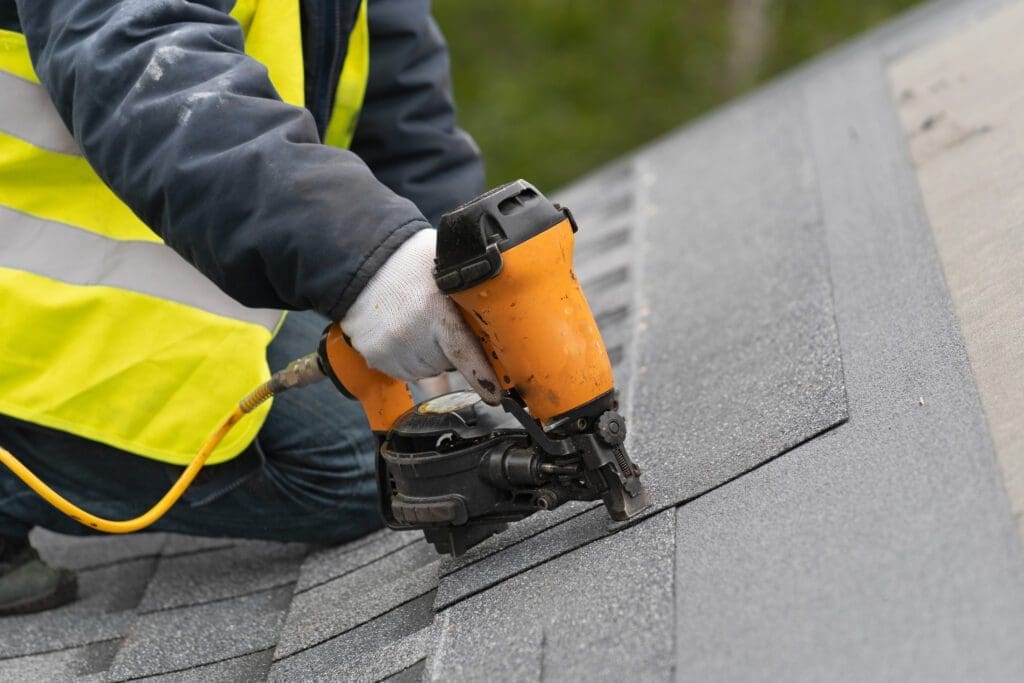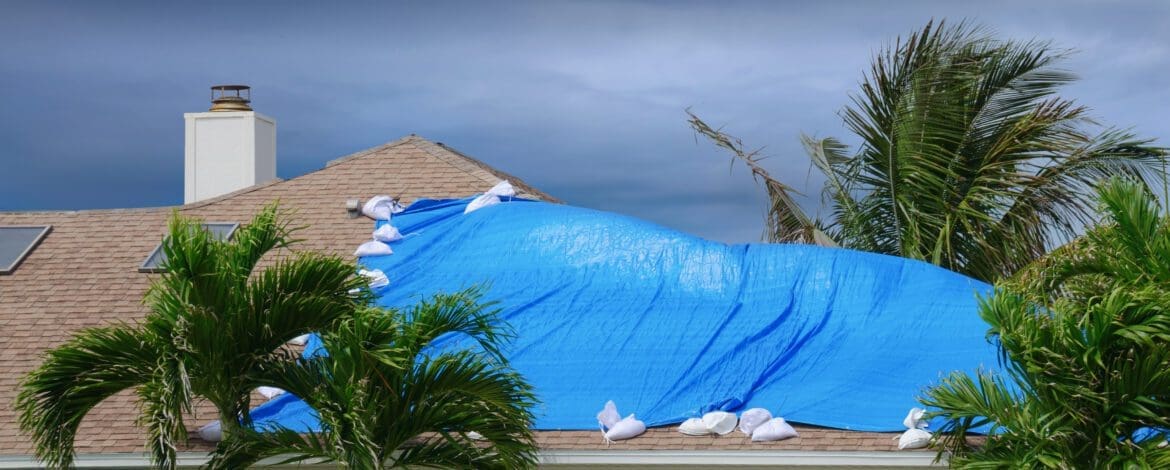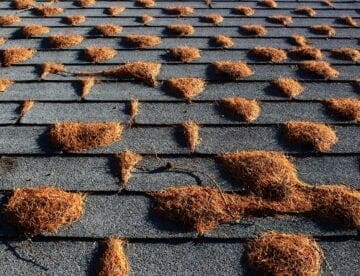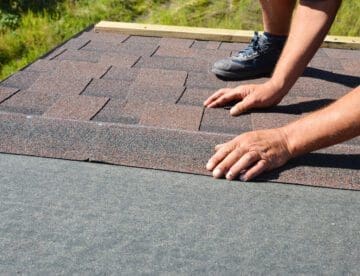Hurricanes are a fact of life in Florida. They’re destructive and deadly, but the people of Florida have adapted pretty well. In fact, though Florida endures the most “hurricane events” of all the states, it comes in fourth in terms of hurricane damage. We can thank a robust building code for some of that strong showing. And as happens periodically, state officials updated the Florida Building Code (FBC) in May of 2022. What are the changes in Florida’s new roofing law?
Hurricanes Cause the Most Damage
Weather and climate disasters cause massive damage in the United States each year. Hurricanes top the list for destruction, according to the National Oceanic and Atmospheric Administration (NOAA). The tally from 1980–2021 is $2.155 trillion. That incredible amount of damage has caused massive costs in Florida for both homeowners and their home-insurance companies. As such, Florida’s property-insurance rates have jumped substantially in recent years.
In order to help minimize that damage to buildings in the state, and to stabilize the wild home-insurance market, Florida’s building officials are responsible for creating and enforcing building codes. As a building’s roof is so often damaged in our severe storms and hurricanes, building officials have often adopted demanding code requirements that contractors must follow that pertain specifically to roofing.
2022 Update to Florida’s Roofing Code
For the roofing industry, the pertinent changes in the law, which was called SB4, include a revision of the “25% Rule.” That rule was adopted as part of the update to the 2007 code, and went into effect in March, 2009. Code officials had interpreted the statute as requiring a full roof replacement if more than 25% of a roof needed repair. The rule applied to any roof, no matter when it was constructed.
Here’s the text of the previous law:
706.1.1 : Not more than 25 percent of the total roof area or roof section of any existing building or structure shall be repaired, replaced or recovered in any 12-month period unless the entire existing roofing system or roof section is replaced to conform to requirements of this code.
Citation
The new requirements, as found in the Florida statute:
Notwithstanding any provision in the Florida Building Code to the contrary, if an existing roofing system or roof section was built, repaired, or replaced in compliance with the requirements of the 2007 Florida Building Code, or any subsequent editions of the Florida Building Code, and 25 percent or more of such roofing system or roof section is being repaired, replaced, or recovered, only the repaired, replaced, or recovered portion is required to be construction in accordance with the Florida Building Code in effect, as applicable The Florida Building Commission shall adopt this exception by rule and incorporate it in the Florida Building Code. Notwithstanding s. 553.73(4), a local government may not adopt by ordinance an administrative or technical amendment to this exception.
Citation
What Florida’s New Roofing Law Means
The new law states that a roof that is compliant with the 2007 version of the Florida Building Code (FBC) can be repaired. A full replacement of the roof is no longer required. The extent of area needing repair doesn’t matter, as long as the roof is in compliance with the 2007 FBC.
For older roofs that are not in compliance with the 2007 FBC, the 25% rule is still in effect. However, the FBC has now clarified how to determine the percentage of the roof that counts toward the repaired area. As of the 2022 code update, only the damaged areas needing repair are counted toward the 25% maximum for repaired area. Other materials that are used to tie-in the new materials to existing materials are not counted as part of the 25% rule.
Also, note the last sentence of the statute above. It prohibits local governments from adopting amendments regarding the new code language, so the new code language is in force statewide.
What Does This Mean for Homeowners?
So how does this new code revision affects homeowners? It will most likely complicate the entire process of storm-related roof repair and replacement. It also appears that some insurance companies are finding ways not to insure homes with older roofs. We’re also hearing about massive rate increases for homeowners who are able to renew their policies.
Insurance companies lobbied the legislature for this type of code change in order to address Florida’s high-cost insurance marketplace, so the 2022 update was a win for them. They can now demand repairs, or “patching,” instead of replacement for a damaged roof. The new law allows that type of repair, and you can expect it to be much cheaper than a full replacement, so it’s attractive to an insurance company responsible for payment. However, is it the best option in your case? Often it won’t be, and oftentimes manufacturers of roofing materials will void the material warranty for their products when used in this fashion. Clearly, this is a major problem for a homeowner.

At this point, it appears that your best option is working with your insurance agent so you know in detail what roof coverage your homeowner’s insurance provides in the event of storm damage. It’s also a good idea to contact the manufacturer of your home’s roofing material. The company will have staff available to sort out the details of the material warranty on your roof, and if your roof will have a materials warranty with any repairs as directed by the insurance company. You’ll want to make sure you understand the warranty completely when you talk to your insurance agent about your policy’s coverage.
We’re Here When You Need Us
Does your home need a new roof or repairs? Or do you have questions about how Florida’s new roofing law impacts your situation? Give us a call at 813-373-9088. Our team has more than 40 years of experience in roofing. You can also use this form and ask us, “what’s the cost to replace my roof?” Then we will contact you.



